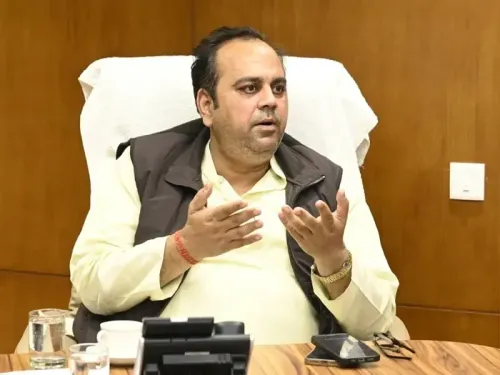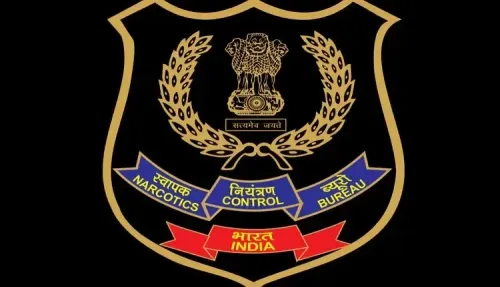Should the Delhi HC Mandate a 3-Month Decision on CDSCO's Drug Usage in Weight Management?

Synopsis
Key Takeaways
- The Delhi High Court called for a swift decision on GLP-1-RA drug safety.
- Concerns include serious health risks like pancreatitis and cancer.
- The PIL emphasizes the need for rigorous safety evaluations.
- Marketing of these drugs for weight loss among youth raises ethical questions.
- Lack of transparency in drug approval processes is alarming.
New Delhi, July 2 (NationPress) The Delhi High Court instructed the Central Drugs Standard Control Organisation (CDSCO) to make a determination within 3 months regarding concerns raised about the safety of using GLP-1-RA drugs for weight management and cosmetic treatments.
A panel comprising Chief Justice Devendra Upadhyaya and Justice Tushar Rao Gedela was reviewing a public interest litigation (PIL) concerning the approval process of Glucagon Like Peptide-1 Receptor Agonist (RA) drugs such as semaglutide, tirzepatide, and liraglutide for weight loss, despite their initial approval for treating Type 2 diabetes.
The PIL, submitted by advocate Rohit Kumar, highlighted the significant risks associated with these medications, which include pancreatitis, gastrointestinal damage, thyroid and pancreatic cancers, cardiovascular issues, metabolic dysregulation, and optic neuropathy.
In its ruling, the CJ Upadhyaya-led Bench required the PIL proponent to provide CDSCO with the scientific research and data referenced in their petition.
Tasking the CDSCO to reach a conclusion on the representation in 3 months, the Delhi High Court concluded the proceedings and settled the matter.
The petition asserts that GLP-1-RA drugs were initially created and globally sanctioned for the treatment of Type 2 Diabetes Mellitus, but have recently been repurposed and approved through accelerated pathways for obesity treatment and chronic weight management, primarily based on short-term efficacy studies.
Challenging the CDSCO's approval for marketing these drugs for weight loss, the petition pointed to insufficient safety data, a lack of India-specific clinical trials, and the absence of a strong pharmacovigilance or regulatory oversight framework.
It argued that there is no proof that these drugs have undergone thorough safety assessments within the Indian demographic, and it underscored the unregulated marketing of these drugs for aesthetic and non-medical uses.
"Pharmaceutical companies, clinics, and digital wellness platforms are advertising semaglutide and tirzepatide as 'quick-fix' weight loss solutions, predominantly targeting younger audiences, including teenagers. The growing acceptance of these drugs in aesthetic medicine is concerning," the PIL stated.
Moreover, it emphasized that the lack of transparency regarding the clinical data submitted for the approval of these drugs, the absence of publicly accessible safety profiles, and regulatory silence around their off-label use infringes on the right to health, which includes the right to safe medications, informed choices, and access to scientific knowledge.










